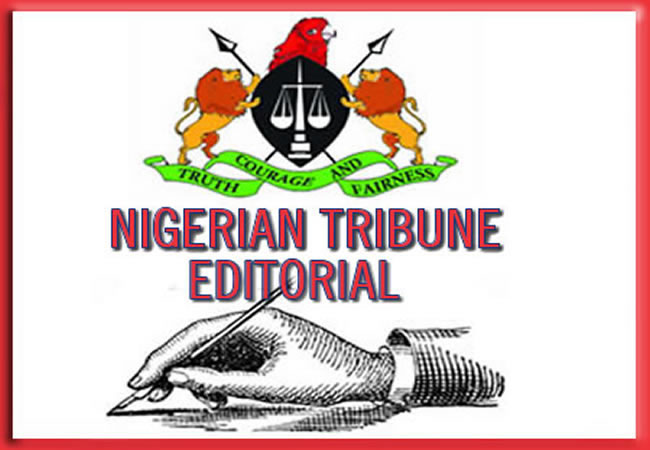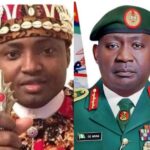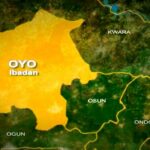FOR all longsuffering fans of Nigerian football who continue to anticipate a return to the glory days of the 1970s and 1980s when the Nigerian League had a legitimate claim to being counted among the best in the world, penultimate Sunday’s incident must feel like a huge step backward.
Following the conclusion of the Match Day 11 Premier Football League game involving hosts Plateau United and visiting Enugu Rangers FC, hoodlums believed to be supporters of Plateau United, no doubt disappointed at the outcome of the match (it ended goalless), decided to take out their annoyance on the team bus of the visiting team. In the ensuing attack, not only did the hoodlums do considerable damage to the bus, they also attacked some of the same players they had just shelled out their hard-earned monies to watch. The hoodlums’ attack, carried out with rocks and whatever stray objects the assailants could lay their hands on, left at least one Enugu Rangers FC player, midfielder Daniel Onyia, seriously injured.
We commend the handlers of Enugu Rangers FC for keeping their cool in the face of provocation, and the management of the team for immediately reporting the matter to the Nigeria Premier Football League (NPFL). We are also thrilled at the swift action taken by the NPFL, which has gone ahead to impose a massive fine and a three-point deduction on Plateau United, which will also play its next three home games without its fans and supporters for breaching NPFL frameworks and guidelines.
The Plateau United management has sought to diminish the severity of the incident while insisting that the attack was perpetrated by elements with no affiliation to the club. Not only do we find Plateau United’s overall defence implausible, the idea that the team had nothing to do with the attack since it occurred outside the “parameters” (sic) of the stadium is totally absurd. This ridiculous defence confirms that the Plateau United management is not remorseful and is unwilling to own up to the misdeeds of its supporters.
To be sure, what is at stake here goes beyond a single club. Instead, the incident points to the lingering malaise in Nigerian football whereby all hell breaks lose whenever a home team draws a game (a loss is unimaginable) or, vice versa, on the rarest of occasions when a visiting team manages to get a draw or (gasp!) secure a road victory. That this has been the pattern for so long is regrettable; that nothing concrete has been done to bring it to an end is bitterly disappointing.
It goes without saying that none of the grand plans being touted by the Nigeria Football Federation (NFF) to make Nigerian football attractive to millions of football fans has a chance of coming to fruition if players, fans, and officials continue to feel unsafe. Which makes it hardly surprising that the same fans would rather sit at home and enjoy the football leagues of various European countries.
The punishment meted out to Plateau United is welcome, but it must be the first of many steps if Nigerian football is to be liberated from the clutches of hooligans.






